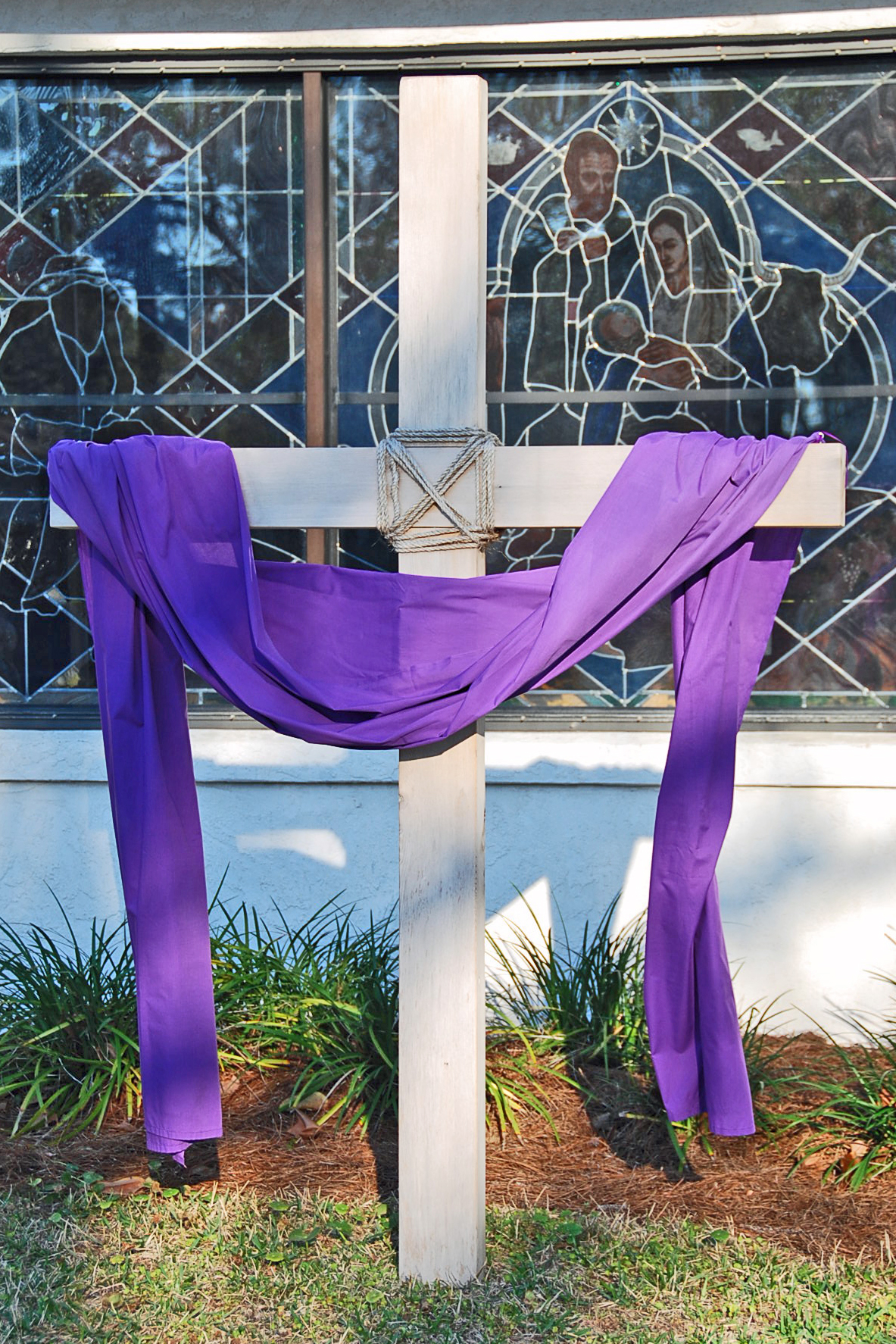All those the Father gives me will come to me, and whoever comes to me I will never drive away. For I have come down from Heaven not to do my will but to do the will of Him who sent me.
John 6.37-38
It’s difficult but important for me to remind myself that I am exactly where God wants me to be. On good days that’s easy, but most days are not unreservedly good. Most days have some mean surprise. Usually I can easily overlook the hurt and inconvenience of such a surprise. But not always. Sometimes the hurt gets through the cracks. Sometimes I am taken off guard by life’s frustrations. In those moments I begin to wonder whether I am where I’m supposed to be.
That attitude is such a conceit, isn’t’ it? As if life’s joys and triumphs had anything to do with where and when we live rather than how.
When I lived in a large, beautiful metropolitan city, I sometimes wondered if I was where God wanted me to be. Now that I live in a small Midwestern town, I still have those days. But that kind of speculation is misleading. Somehow we have all bought into the notion that there is a “supposed to” concerning our geography, our employment, or our romance. We need to be disenchanted of this notion. Instead we need to chant the mantra of alcoholics everywhere: wherever you go, there you are.
You will have the same real problems in the next job as in this one. You might slide by for a while, but after some time you will experience the same old conflicts, because you are at least partially to blame. You might enjoy a brief reprieve from church conflict if you change congregations, but ultimately you’ll catch up to yourself, and others will know you for who you are, responding to you in the ways people always seem to respond. Your new husband might be better than the last one, but only until he realizes that both he and his predecessor married the same woman, with the same flaws and the same hate.
The only real hope for any of us is to come to grips with the fact that the place we’re “supposed to” be is here. Just as the time we’re “supposed to” live in is now. Just as the people we’re “supposed to” be around are already around us.
Abundant life isn’t really about the place, the job, the friends, or the neighbors. It’s about who we are around, in, and for those things. It’s about our availability to God and our willingness to be changed by His Spirit.
This is hard to understand because it requires us to see ourselves as something less than heroes and something more than bystanders. We never see ourselves as villains, but we do tend to either inflate our significance, moralizing our actions, or excuse ourselves completely, pretending that all of this bad stuff (whatever it may be) is happening to us, usually while we were just standing around minding our own business.
We need a proper understanding of encountering God. We are always involved in what goes on around us, whether we wish it or will it were otherwise. We are always complicit. The things that happen around us happen at least in part because of us, and if we don’t like what we see happening, the first step is for us to address the part of the equation we can control: ourselves.
We need God’s help to do this. We aren’t fully capable of changing who we are at a moment’s notice (if we were, wouldn’t we all be physically fit, brilliant, and artistic?). We need to first acknowledge our need for Him and then welcome His Spirit as He begins that work. Then we must open our eyes to the people and circumstances surrounding us. They are God’s curriculum. He is teaching life through living. He is teaching us to love through the people we know. He is teaching us to find our holy vocation–to shadow God and heal the world–through the stuff we find ourselves immersed in and can make a positive difference toward.
This is encountering God: when our self-deception comes to an end, when our destructive and apathetic fantasies conclude, when we are no longer willing to label ourselves as victims but choose instead to work alongside the Lord for the good of all.
This is what Jesus was getting at in the Scriptures. He understood that he was meant to help whomever the Father brought to him. Jesus understood that the Father intended for him to live where he was, to be incarnate, and to accept life as a gift even when it was later taken from him.
That is the difference between a messiah and a martyr.
This post is from Seasons of Christian Spirituality.
fossores
Related posts
Categories
Category Cloud
Tag Cloud
Recent Posts
- Victors and Victims November 6, 2018
- 3 Hacks for Happiness October 29, 2018
- Hope Against Death September 20, 2018
- The Shape Of The Cross September 19, 2018


